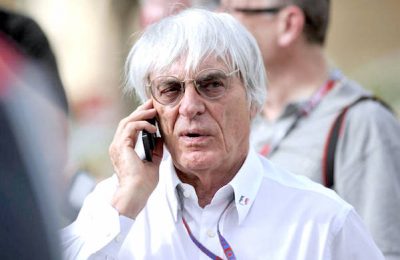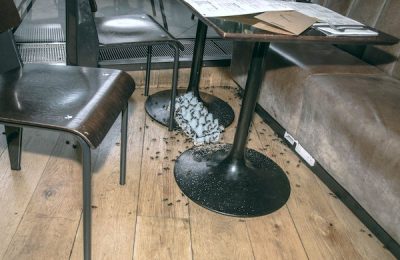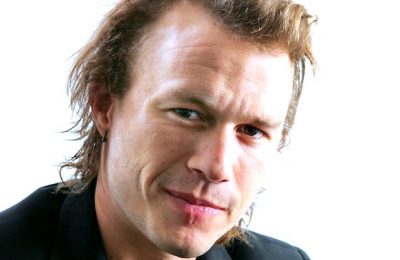In Hiroshima, President Obama laid a wreath at the Peace Memorial on Friday, telling an audience that included survivors of America’s atomic bombing in 1945 that technology as devastating as nuclear arms demands a “moral revolution.”
Thousands of Japanese lined the route of the presidential motorcade to the memorial in the hopes of glimpsing Obama, the first sitting American president to visit the most potent symbol of the dawning of the nuclear age, Breitjbart News reports. Many watched the ceremony on their cellphones.
“Seventy-one years ago, on a bright cloudless morning, death fell from the sky and the world was changed,” Obama said in opening his speech at the Hiroshima memorial.
“Technological progress without an equivalent progress in human institutions can doom us,” Obama said, adding that such technology “requires a moral revolution as well.”
In an emotional moment afterward, Obama embraced and shook hands with survivors of the attack, which exposed humanity to risks the president has repeatedly said the world must do far more to resolve, Japan Today reported.
The first of those survivors, Sunao Tsuboi, a chairman of the Hiroshima branch of the Japan Confederation of A- and H-bomb Sufferers Organizations, gripped Obama’s hand and did not let go until he had spoken to him for some time.
“I held his hand, and we didn’t need an interpreter,” Tsuboi, 91, said later. “I could understand what he wanted to say by his expression.”
In another poignant moment, Obama exchanged an embrace with Shigeaki Mori, 79, who was 8 years old when the bomb fell. Mori spent decades researching the fates of American prisoners of war who were killed in the bombing.
For weeks, the White House had refused to say whether Obama, would meet survivors. It was a delicate decision. Many survivors long for an apology for an event that destroyed just about everyone and everything they knew, and there were small demonstrations near the ceremony on Friday by protesters demanding an apology. But Obama said before his trip that he would not apologize for the attack.
Still, Obama’s homage to the victims and his speech were welcomed by many Japanese. “I am simply grateful for his visit,” said Tomoko Miyoshi, 50, who lost 10 relatives in the Hiroshima attack and wept as she watched Obama on her cellphone.
In his speech, Obama, using the slow and deliberate cadence that he uses on only the most formal and consequential occasions, said that the bombing of Hiroshima demonstrated that “mankind possessed the means to destroy itself.”
But he said that in the 71 years since the bombing, world institutions had grown up to help prevent a recurrence. Still, nations like the United States continue to possess thousands of nuclear weapons. And that is something that must change, he said.
In a striking example of the gap between Obama’s vision of a nuclear weapons-free world and the realities of purging them, a new Pentagon census of the American nuclear arsenal shows his administration has reduced the stockpile less than any other post-Cold War presidency.
“We must have the courage to escape the logic of fear and pursue a world without them,” he said, although he quickly added: “We may not realize this goal in my lifetime, but persistent effort can roll back the possibility of catastrophe.”
Still, he said, more was needed. Noting that far more primitive weapons than nuclear arms are causing widespread destruction today, Obama called for humanity to change its mind-set about war.
“The world was forever changed here, but today the children of this city will go through their day in peace,” Obama said. “What a precious thing that is. It is worth protecting, and then extending to every child. That is a future we can choose, a future in which Hiroshima and Nagasaki are known not as the dawn of atomic warfare but as the start of our own moral awakening.”
People in Asian countries that were brutalized by imperial Japan had warned that a presidential apology at Hiroshima would be inappropriate. Obama not only did not apologize, he made clear that Japan, despite a highly advanced culture, was to blame for the war, which “grew out of the same base instinct for domination or conquest that had caused conflicts among the simplest tribes.”
iNews Today said I n his speech about Hiroshima, the Japanese prime minister, Shinzo Abe, said, “This tragedy must not be allowed to occur again … We are determined to realize a world free of nuclear weapons,” he said.











